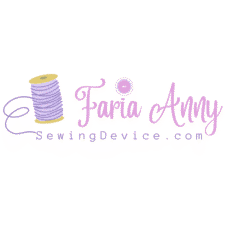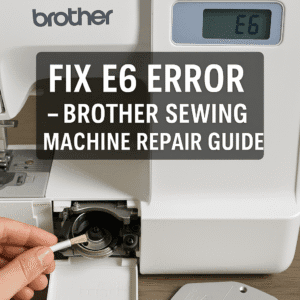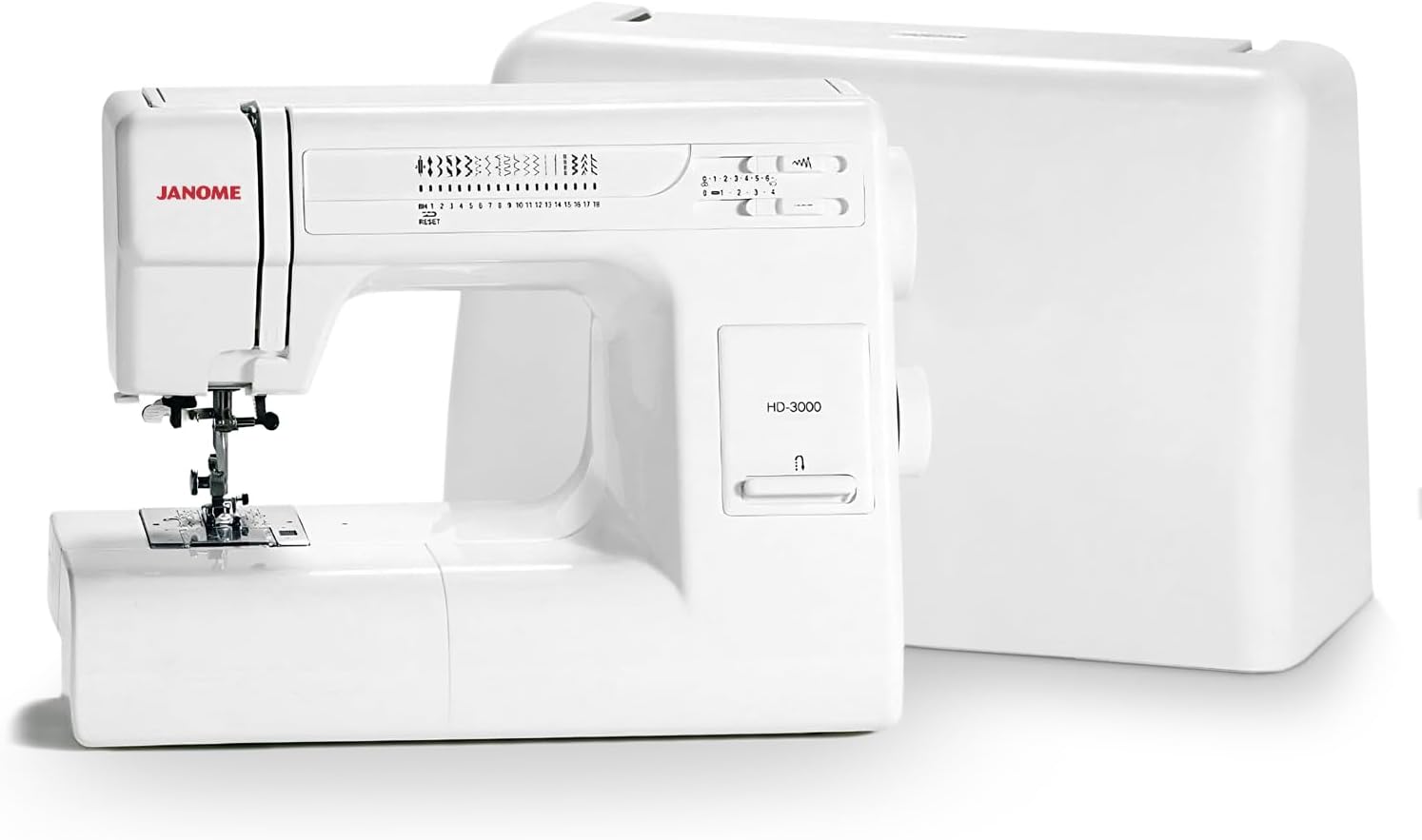How to Fix the E6 Error on Your Brother Sewing Machine: A Step-by-Step Guide
You’re sewing along, and suddenly your Brother sewing machine stops, beeps, and displays the dreaded “E6” error code on its screen. It can be alarming, making you think a serious mechanical failure has occurred. But before you panic, take a deep breath. The E6 error is one of the most common issues and is almost always caused by a simple problem that you can fix yourself.
In simple terms, the **E6 error means your machine’s motor is locked or overloaded.** The machine’s internal sensors have detected that the motor is trying to turn, but something is physically stopping it from moving. This guide will walk you through the exact steps to find the culprit and safely resolve the error.
Your Step-by-Step Guide to Clearing the E6 Error
The number one cause of an E6 motor lock-up is a severe thread jam, usually a “bird’s nest” of thread tangled tightly in the bobbin area. Follow these steps methodically to clear it.
- Safety First: Power Down Completely. Before touching anything else, turn off the power switch on your machine. For complete safety, unplug the machine from the wall outlet. This prevents any accidental starts while your fingers are near the needle.
- Gently Check the Handwheel. Try to turn the handwheel on the side of the machine **towards you** (counter-clockwise). If it moves even slightly, raise the needle to its highest possible position. If the handwheel is completely solid and will not budge, **do not force it.** Proceed to the next step.
- Remove Fabric, Threads, and Needle. Carefully remove your project from the machine; you will likely need to snip the threads to get it free. Unthread the machine completely from the top. Next, use the small screwdriver that came with your machine to loosen the needle clamp screw and remove the needle. This is crucial, as a bent needle could be part of the jam.
- Perform a “Deep Clean” of the Bobbin Area. This is where the problem almost always lies. Remove the presser foot. Slide open the bobbin cover and take out the bobbin. Now, remove the metal bobbin case that the bobbin sits in (your manual will show how). You will likely see a tangled mess of thread and lint underneath. Using tweezers and a small stiff brush, meticulously clean out every single piece of thread and lint from this area. Shine a light from your phone in there to make sure you haven’t missed anything.
- Confirm the Mechanism is Free. With the jam cleared, the handwheel should now turn freely towards you. Rotate it a few full turns to ensure all the moving parts in the bobbin area are moving smoothly without obstruction.
- Reassemble and Reset. Carefully place the bobbin case back into the machine, ensuring it’s seated correctly. Insert a **brand new needle**, making sure the flat side is facing the back and it’s pushed all the way up. Put the presser foot back on. Now, completely re-thread both the top thread (with the presser foot up!) and the bobbin.
- Test on a Scrap. Plug in and turn on your machine. The E6 error code should be gone. Before returning to your important project, always test the machine by sewing a few straight lines on a folded scrap of fabric to ensure everything is working perfectly.
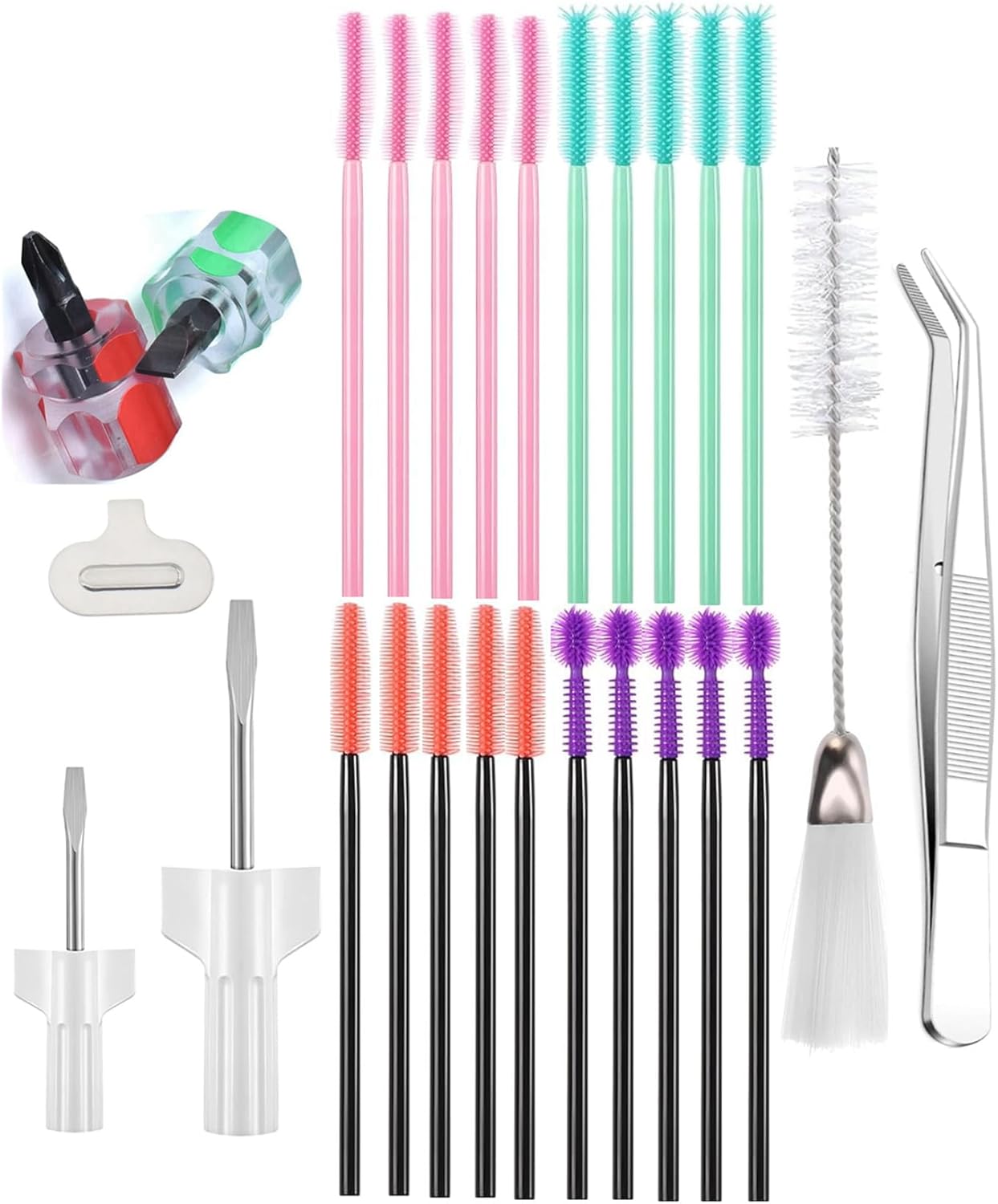
1. Sewing Machine Maintenance & Cleaning Kit
Having the right tools makes clearing an E6 jam much easier. This type of kit includes the small brushes needed to get lint out of tight spaces and the tweezers required to grab stubborn tangled threads. Regular cleaning with these tools can prevent the jam from happening in the first place.
Check Price on AmazonWhat If the E6 Error Persists?
If you have followed all the steps above and the error code immediately returns, there are a couple of other things to check before calling a technician.
- Is the Bobbin Winder Engaged? Double-check that the bobbin winder spindle is pushed to the left (the sewing position). If it’s in the winding position, the machine will not operate and can sometimes throw an error.
- Are You Using the Right Needle/Thread? If you are trying to sew through extremely thick material (like multiple layers of heavy denim) with a fine needle, the motor may physically not have enough power to push the needle through. This can overload the motor and trigger the E6 sensor. Make sure your needle and thread are appropriate for your fabric.
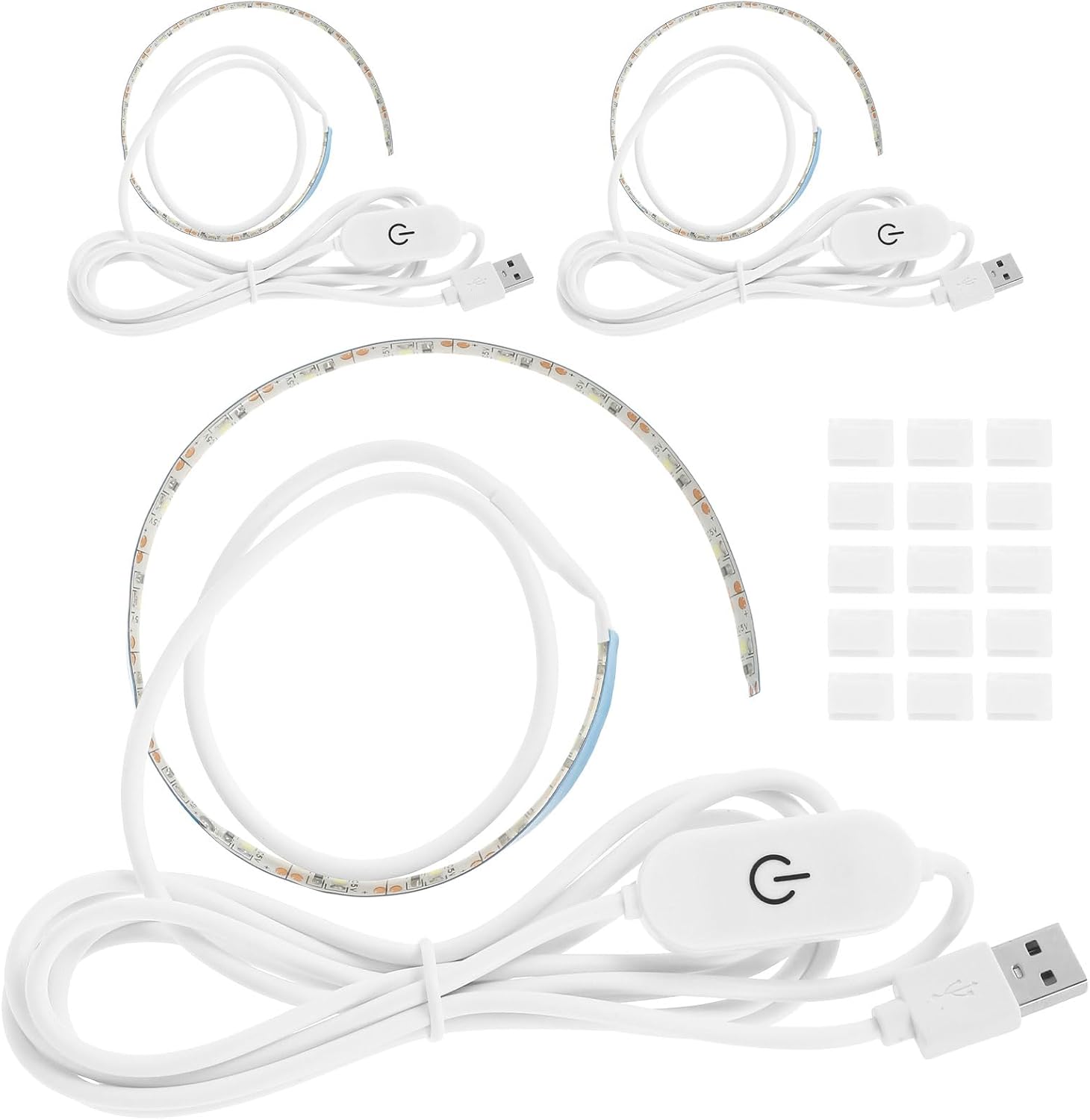
2. Adhesive LED Sewing Machine Light
It’s hard to fix what you can’t see. Most built-in machine lights cast shadows in the bobbin area. An adhesive LED light strip sticks under the arm of your machine and brilliantly illuminates the entire needle and bobbin area, making it incredibly easy to spot thread jams, lint buildup, and thread your needle.
Check Price on AmazonWhen to Call a Professional: If you have thoroughly cleaned the machine and the handwheel remains physically locked and impossible to turn, it’s time to stop. This could indicate a more serious internal mechanical seizure. In this case, it’s best to take your machine to a qualified Brother service technician in your area, such as a certified repair shop in Dhaka, to prevent further damage.
Conclusion: You Are in Control
The E6 error code on your Brother sewing machine feels like a major problem, but now you know the truth: it’s your machine’s way of protecting itself from a simple thread jam. By calmly and methodically following the cleaning and resetting steps in this guide, you can solve this issue yourself nearly every time. Remember the key takeaways: power off, clear the jam from the bobbin area, install a fresh needle, and re-thread correctly. This knowledge empowers you to be a confident and capable sewist, ready to tackle any problem that comes your way.
